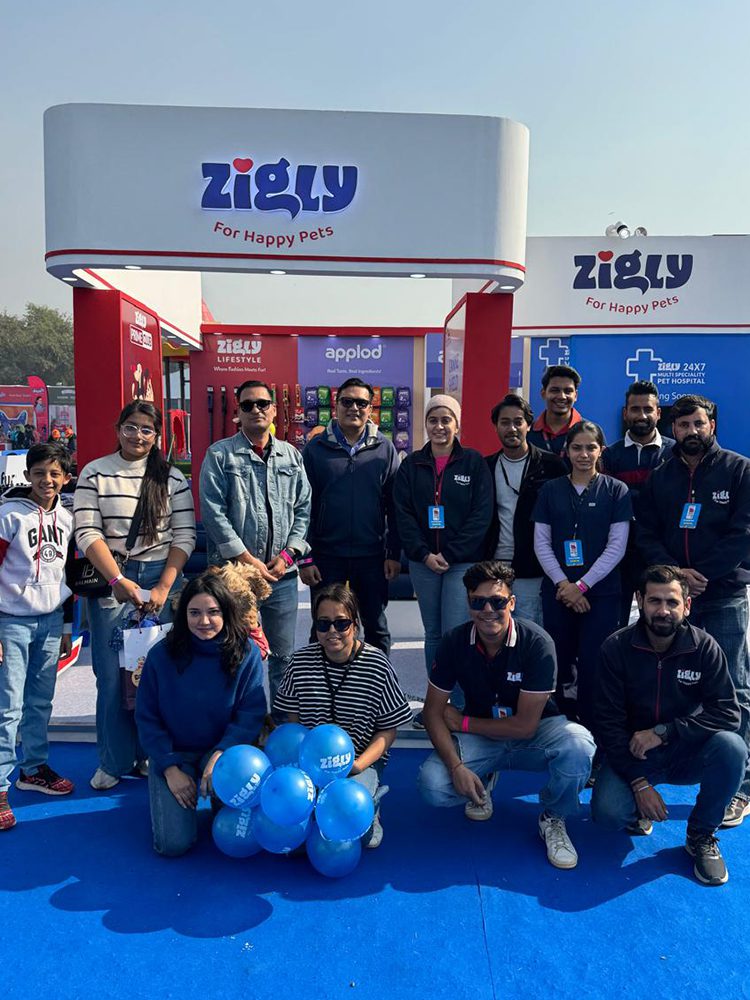Nicole Ryall, Mumbai Uncensored, 24th June 2021
On June 22, European Union antitrust regulators launched an investigation into Google’s AdTech division to see if the corporation favored its own product over competitors, advertisers, and online publishers.
According to projections, Google will earn $147 billion from online ads in 2020. Currently, the corporation is the world’s largest shareholder in online advertising. The most sales and earnings came from adverts that appeared on numerous properties, including search, YouTube, and Gmail. The display or network business, in which other media firms utilise Google’s technology to publish/sell ads on their websites or applications, accounted for 16 percent of Google’s overall income.
The EU Commission stated that it would investigate whether Google distorted competition by denying third parties access to user data for advertising purposes on apps and websites and reserving it for its own use. “We are concerned that Google has made it tougher for competing online advertising providers to compete in the so-called ad tech stack,” said Margrethe Vestager, European Competition Commissioner. She went on to say that the commission will look into Google’s user tracking rules to see if they were in accordance with fair competition.
A Google spokeswoman stated that the business would work with the commission constructively. “Thousands of European businesses use our advertising goods every day to reach new customers and fund their websites,” the company claimed. They select them because they are cost-effective and competitive.”
Vestager has fined Google more than $9.5 billion in the last decade for blocking its competitors in online commerce, Android devices, and online advertising.
In India, Amazon and other e-commerce sites may suffer difficulties
The Indian government has announced plans to impose harsher regulations on e-commerce sites like Amazon and Flipkart. The Department of Consumer Affairs has requested views and recommendations by July 6 on proposed changes to Consumer Protection.
One of the revisions, if accepted by the government, may prevent e-commerce behemoths from hosting flash sales of goods and services. Notably, both Amazon and Walmart-owned Flipkart run a number of Flash discounts throughout the year, which are said to be detrimental to small enterprises. The modifications would make it illegal for e-commerce websites to hold such deals.
Countless consumer and trader complaints
The government stated in a press release that it had received numerous complaints from customers, traders, and trade associations about rampant cheating and unfair trading practises in the e-commerce ecosystem. As a result, the Ministry of Consumer Affairs has urged that e-commerce platforms in India be prohibited from staging flash discounts. Festival seasons, such as Diwali and Independence Day, are popular for such deals.
“Certain e-commerce entities are limiting consumer choice by engaging in ‘back to back’ or ‘flash’ sales, in which one seller selling on the platform does not carry any inventory or order fulfilment capability and instead places a ‘flash or back to back order with another seller controlled by the platform,” according to the ministry. This precludes a level playing field and, as a result, limits custodial services.
Possible tampering with search results
According to the government, e-commerce platforms may be using the technology to manipulate search results in order to promote specific vendors and deals. Such techniques provide some merchants an unfair advantage over others. The amendments aim to make the e-commerce ecosystem more transparent.
Nodal and chief compliance officers will be appointed by e-commerce platforms
The Indian government recently demanded the appointment of nodal and compliance officers by social media firms and other media outlets. In a similar vein, the Indian government has proposed that e-commerce platforms hire a chief compliance officer, nodal officers, and resident complaints officers.
“To ensure compliance with the Consumer Protection Act, 2019 and Rules, the appointment of a Chief Compliance Officer, a nodal contact person for 24×7 coordination with law enforcement agencies, officers to ensure compliance with their orders, and a Resident Grievance Officer for redressing consumer grievances on the e-commerce platform has been proposed,” according to the ministry. This would ensure effective compliance with the Act’s and Rules’ provisions, as well as strengthen the e-commerce organisations’ grievance redressal mechanism.”
Prior to the date to be indicated, if possible
Another proposed amendment would make it necessary for products to include the best before or use before date so that customers can make an informed purchase decision. Consumers sometimes complain that they received expired products because it is not obligatory.



 Special Editions3 months ago
Special Editions3 months ago


 Special Editions3 months ago
Special Editions3 months ago


 Health1 day ago
Health1 day ago


 Special Editions1 month ago
Special Editions1 month ago


 Special Editions1 day ago
Special Editions1 day ago

















